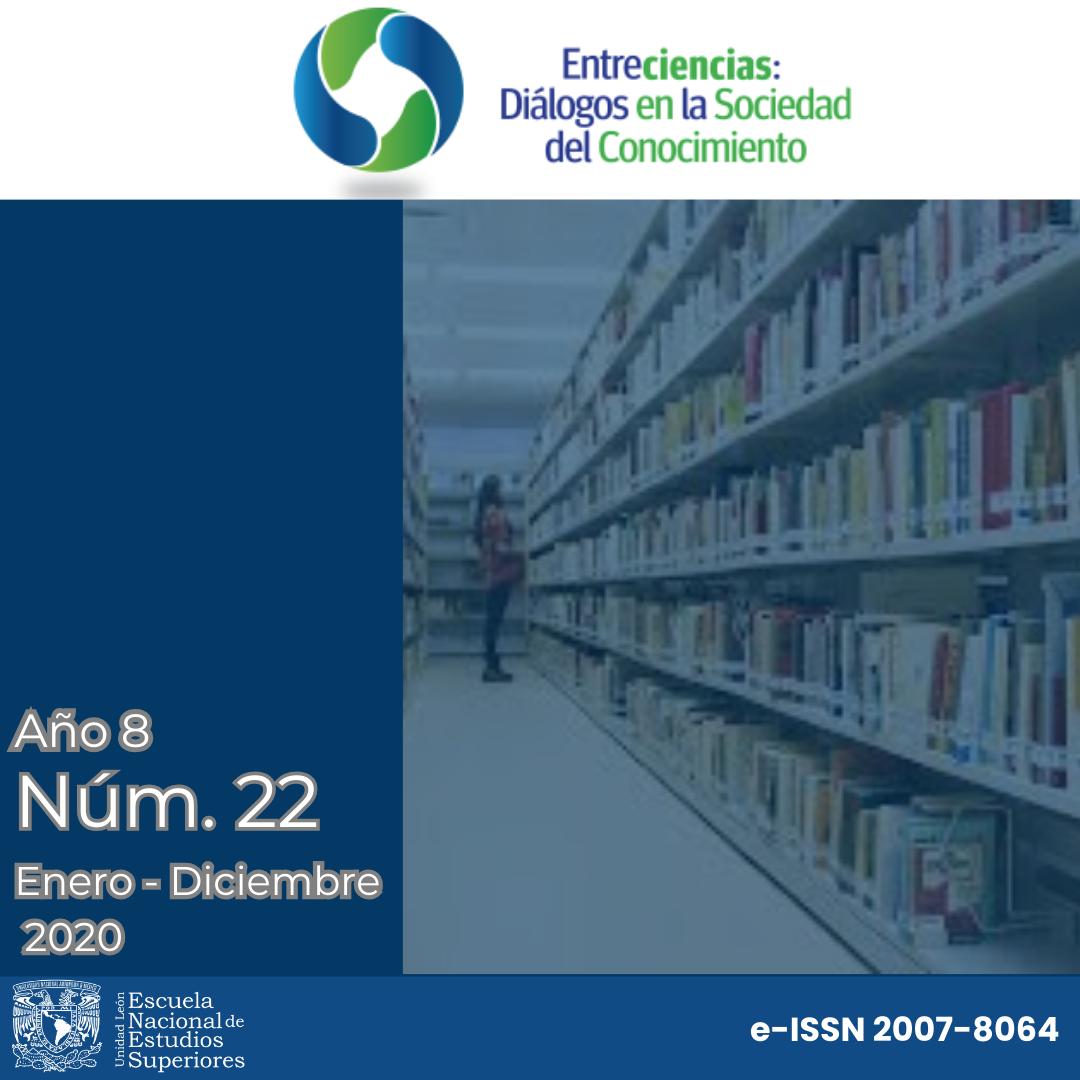Phased binary mathematical programming in the elaboration of a university schedule
Main Article Content
Abstract
Purpose: To establish a strategy to develop a three-stage university schedule through mathematical programming taking into account the problems faced by most public higher education centers in Mexico which includes hiring professors on a temporary basis in each school cycle.
Methodology: The strategy involved the breakdown of the original problem into three mathematical models considering the binary variables of two indexes: the use of both subsets in modeling and heuristics.
Results: Compact class schedules were generated for students taking advantage of classroom space and efficiently employing university professors. The strategy achieved the automation of the process in the elaboration of schedules.
Limitations: The work presented only analyses the case of the National Technological Institute of Mexico in Celaya. For the moment, neither the use of laboratories nor the aleatory demand for groups and subjects are considered.
Findings: The strategy presented generated a reduction of at least 98.34% of the number of variables allowing the exact branch and bound technique to achieve efficient times in the search for a solution in a problem classified as NP-hard.
Downloads
Article Details
Citas en Dimensions Service

Entreciencias: Diálogos en la Sociedad del Conocimiento recognizes and respects the moral rights of authors as well as ownership rights transferred in non-exclusivity to the journal for its open access dissemination and its preservation. Hence, authors who publish in this journal accept the following conditions:
- Entreciencias: Diálogos en la Sociedad del Conocimiento from Universidad Nacional Autónoma de México is distributed under a Licencia Creative Commons Atribución-NoComercial-SinDerivar 4.0 Internacional, which allows the information and metadata to be used without commercial ends as long as proper citation is utilized.
Authors will have the right to non-exclusively distribute the contribution made to Entreciencias: Diálogos en la Sociedad del Conocimiento. That is, they will be able to include it in an institutional repository or disseminate it in other digital or printed media as long as it is explicitly stated that it was first published in Entreciencias: Diálogos en la Sociedad del Conocimiento. The following information must additionally be included: author, year, volume, page numbers, electronic paging, and DOI.
Authors, whose publications have been accepted, will have to send the Letter of Copyright Transfer in the corresponding format, filled out and signed by the author or authors.
